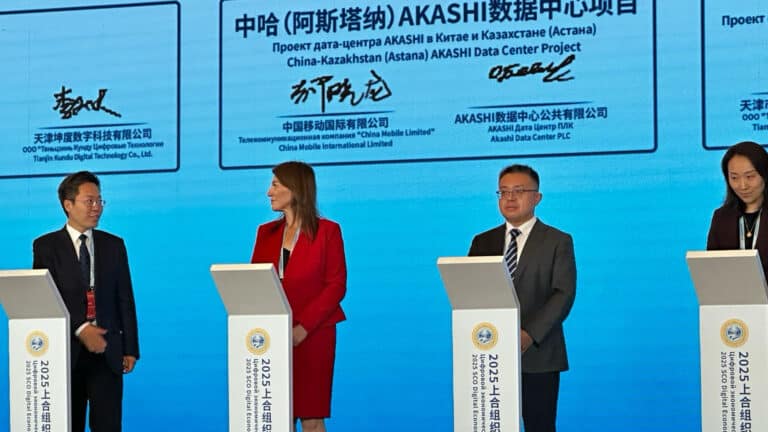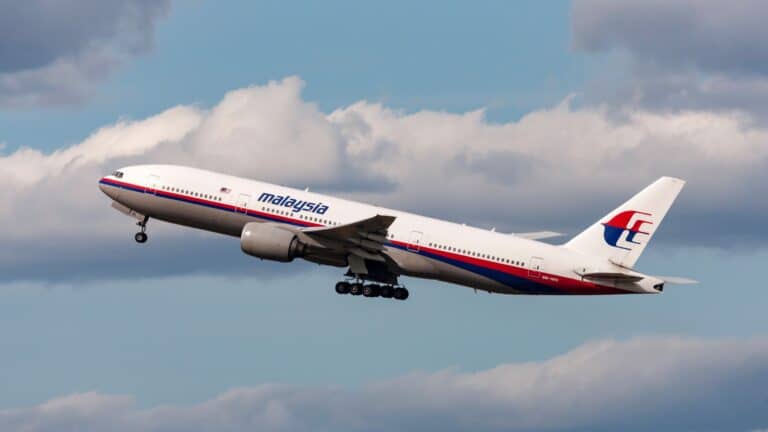
The journey of Achieve Life Sciences, a small pharmaceutical company, is a case study in persistence. Over its 33-year history, it has faced multiple clinical trial setbacks, launched just a single product (with limited commercial success), and shifted its focus and branding more than once. Today, Achieve is developing the world’s first treatment specifically for vaping addiction, which recently received “breakthrough therapy” designation from the U.S. Food and Drug Administration (FDA).
Background
Achieve Life Sciences began in 1991 as SONUS Pharmaceuticals and initially focused on contrast agents for ultrasound imaging. At that time, contrast agents were commonly used in MRI and CT imaging but rarely applied to ultrasound. SONUS saw ultrasound as a cost-effective technique to examine soft tissues, internal body organs, and blood flow.
The company pursued this independently at first but needed funding for clinical trials. It thus partnered with pharmaceutical giants Abbott Laboratories (U.S.) and Daiichi Sankyo (Japan), which provided financial support for the trials in exchange for sales rights in specific geographies. SONUS also raised money through private stock placements and debt financing, before its Nasdaq IPO in 1995.
By 1996, SONUS’s contrast agent was ready, and the company filed for approval with both the FDA and the European Medicines Agency (EMA). Two years later, the FDA declined to approve, while the EMA green-lighted the technology. Abbott held European sales rights, but the deal was restructured the following year, in 1999, with Abbott agreeing to pay SONUS $14.7 million.
SONUS then pivoted to a new technology that was meant to enhance the bioavailability of water-insoluble compounds. It was tested on a formulation containing paclitaxel, a chemotherapy drug for breast, ovarian, and non-small-cell lung cancer, known for its low solubility and poor bioavailability. SONUS secured a partnership with Germany’s Bayer Schering, which obtained a global license for the product contingent on its success. However, the drug failed phase III trials, and Bayer terminated the deal.
Undeterred, SONUS acquired Canada’s OncoGenex Technologies in 2008. The combined company rebranded as OncoGenex Pharmaceuticals, received a new ticker symbol, and refocused on developing novel cancer treatments.
The company’s three drug candidates targeted cancer therapy resistance. These drugs were supposed to block proteins that help cancer cells survive. One of them was codeveloped with Israel’s Teva, which paid OncoGenex a $50 million advance, invested $10 million in its equity (at a 20% market premium), and committed an additional $370 million upon reaching key milestones. In return, OncoGenex agreed to pay royalties on sales. However, the partnership ended in 2015 after the trials failed. Another drug was codeveloped with Ionis Pharmaceuticals (U.S.), but it was also discontinued after unsatisfactory results.
Long-awaited breakthrough
With no commercial success, OncoGenex negotiated to acquire the private pharmaceutical company Achieve in 2017. Achieve shareholders received a 75% stake in the merged company, four out of the seven board seats, and leadership under Achieve’s cofounder, Richard Stewart. The newly named Achieve Life Sciences would focus on cytisinicline (also known as cytisine), a plant-derived alkaloid, for smoking cessation.
Cytisinicline itself is not new: A Bulgarian company, Sopharma, has sold it under the brand Tobex in Central and Eastern Europe for over 20 years. Achieve signed agreements with Sopharma, including some before the OncoGenex merger, that allowed it to source cytisinicline and obtain data on the production and use of Tobex. Achieve gained distribution rights outside Sopharma’s existing geographies in exchange for royalties, along with rights to several cytisinicline-related patents.
Achieve studied cytisinicline for smokers, adjusting the dosage and regimen to require fewer daily tablets and thus improving patient adherence, points out Freedom Finance Global.
Phase III trials have now wrapped up, but the FDA has requested additional safety data on long-term use, arguing that some patients may need repeated treatments due to relapse. Achieve is currently enrolling patients in this follow-up study. With positive results, the therapy could receive FDA approval by 2026, says Ilya Zubkov, a senior analyst at Freedom Finance Global.
Achieve is also looking into cytisinicline for vaping addiction. In recognition of the potential advantages over existing treatments, the FDA recently granted cytisinicline its “breakthrough therapy” designation. This could accelerate its entry onto the market, allowing it to bypass phase III trials (the logic being that delays would be unethical for patients). Currently, there is no available FDA-approved vaping cessation treatment.
If cytisinicline gains regulatory approval for both smoking and vaping cessation, it could have a significant impact on global health, Freedom Finance Global points out. Tobacco claims over 8 million lives annually — 7.0 million from direct use and 1.3 million from secondhand smoke exposure, according to the World Health Organization. In the U.S., approximately 29 million adults smoke traditional cigarettes, while another 11 million vape, Achieve reports. More than half of smokers tried to quit last year, but many were unsuccessful.
This addiction crisis burdens healthcare systems. In 2018, smoking-related costs in the U.S. exceeded $600 billion, taking into account healthcare spending and lost productivity, explains Freedom Finance Global.
Therapies to combat smoking were first introduced in the 1980s, and the FDA has since approved three types: bupropion and varenicline (the most well-known being Pfizer’s Chantix in the U.S. and Champix in Europe), along with nicotine replacement (deliverable by patch, gum, lozenges, oral inhaler, and nasal spray). In 2021, Pfizer withdrew its varenicline-based drug due to cancer-causing substances detected at higher-than-acceptable levels. Achieve’s cytisinicline could potentially replace it, according to Freedom Finance Global. “Cytisinicline’s applicability is much broader than what it was for Chantix” given the rise in vaping, writes Zacks Small Cap Research.
In 2023, Achieve had operating expenses of $27.3 million, with $15.6 million in cash. The net loss for last year came in at $29.8 million. According to MarketWatch, the seven analysts who cover the company all have “buy” recommendations, with an average target price of $16.00 per share. Meanwhile, Freedom Finance Global values the stock at $12.00 per share, versus the October 24 closing price of $4.69 per share.
Freedom Finance Global also highlights potential challenges in marketing cytisinicline. Achieve lacks a developed distribution network, warehouses, and international representatives. Building all this from scratch would be costly, while forming a commercial partnership could impact profitability.













